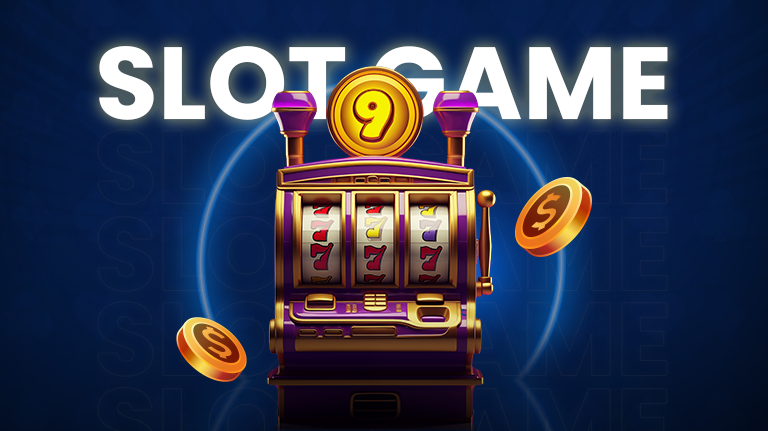If you’ve spent any time playing online slots, you’ve probably seen the terms volatility or variance pop up — but what do they really mean?
Understanding slot game volatility is key if you want to play smart, manage your bankroll effectively, and pick games that fit your style. Let’s break it down.
- What is Slot Volatility (Variance)?
Slot volatility (also called variance) refers to how frequently and how big a slot game pays out.
- High volatility slots = fewer wins but bigger payouts when they hit.
- Low volatility slots = frequent small wins, but jackpots or big payouts are rare.
In short, volatility shapes your overall slot experience — whether you’re in for a wild, risky ride or a steady, slower-paced session.
- High Volatility Slots: Big Wins, Bigger Risks
High variance slots are designed for thrill-seekers. They come with:
- Longer dry spells (you might spin many times without winning)
- Massive potential payouts when you do hit
- Often linked to bonus rounds or jackpot features
✅ Who Should Play?
- Players with a larger bankroll who can handle long losing streaks
- Those looking for life-changing jackpots or big wins
- Risk-takers who enjoy the excitement of big swings
Examples: Dead or Alive, Book of Ra, Bonanza
- Low Volatility Slots: Steady, Small Wins
Low variance slots offer:
- Frequent payouts (but usually small amounts)
- Lower maximum win potential
- A smoother, less stressful gaming experience
✅ Who Should Play?
- Casual players who want longer play sessions on a small budget
- Beginners who are still learning the ropes
- Those who prefer steady entertainment over chasing big jackpots
Examples: Starburst, Blood Suckers, Thunderstruck II
- How to Tell a Slot’s Volatility
Game developers usually list the volatility in the game info or paytable, but if not, you can look for clues:
- Check the paytable: Huge top prizes and big multipliers often signal high volatility.
- Watch the bonus features: Slots with big, complex bonus rounds usually lean toward high variance.
- Read online reviews or player feedback to get a sense of the game’s behavior.
- Choosing the Right Slot for You
There’s no “best” volatility — it depends on your goals and style:
- Want to play for fun and stretch your budget? Go for low volatility.
- Chasing that big, adrenaline-pumping jackpot? Try high volatility.
- Want a mix? Some medium volatility slots balance both worlds.
✅ Pro Tip: Always set a budget, know your limits, and remember that all slots run on RNG (random number generators), meaning outcomes are unpredictable — no system guarantees a win.
Final Thoughts
Understanding slot volatility can help you choose games that match your bankroll, goals, and risk tolerance. Whether you prefer the steady drip of small wins or the high-stakes chase for a massive payout, picking the right slot type gives you more control over your experience.
For more casino game tips, betting strategies, and industry insights, follow Shreenath365 Blog — your trusted guide to smarter, more enjoyable gaming.
